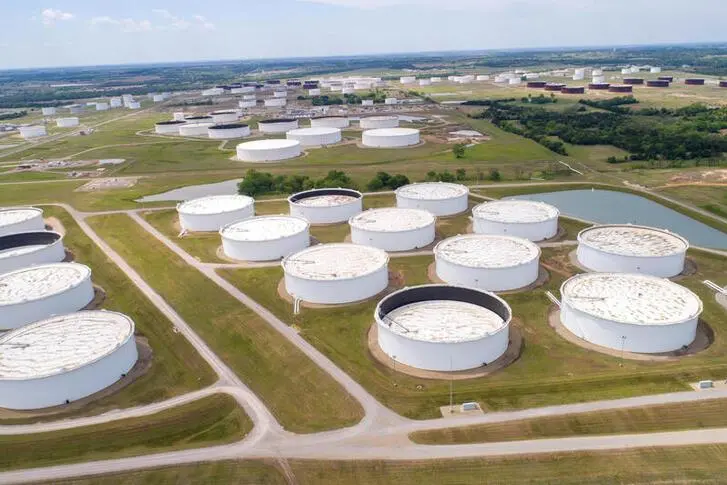PHOTO
Potent methane emissions from companies in the oil and gas sector could rebound strongly as global economic activity starts to recover from the depths of the COVID-19 pandemic, International Energy Agency (IEA) warned on Monday.
Greenhouse gas leaks, which are considered a major contributor to global warming, dropped in 2020 after economies worldwide grounded to a halt. However, the decline is only considered temporary and it occurred not because companies were taking serious actions to curb emissions.
“A large part of the drop in methane emissions in 2020 occurred not because companies were taking more care to avoid methane leaks from their operations, but simply because they were producing less oil and gas,” IEA said.
“As such, there is clearly a risk that this downward trend will be reversed by an increase in production to fuel a rebound in global economic activity,” the Paris-based watchdog added.
According to IEA’s report, emissions from the global oil and gas industry fell by approximately 10 percent last year, as producers were forced to cut output in response to the historic shock of the COVID-19 pandemic.
Companies in the energy sector, including oil, natural gas, coal and bioenergy, are some of the largest sources of methane emissions.
Despite experiencing a decline, 2020 still saw oil and gas operations emitting more than 70 million tonnes of methane into the atmosphere. This, IEA said, is roughly equivalent to the total energy-related CO2 emissions from the entire European Union.
No resurgence
“The task now for the oil and gas industry is to make sure that there is no resurgence in methane emissions, even as the world economy recovers, and that 2019 becomes their historical peak. There is no good reason to allow these harmful leaks to continue, and there is every reason for responsible operators to ensure that they are addressed,” said Fatih Birol, IEA executive director.
According to IEA, oil production is responsible for nearly half (40 percent) of methane emissions today, with leaks across the natural gas value chain accounting for the remaining 60 percent. Upstream oil and gas operations lead to more than 75 percent of total emissions.
With the industry facing capital constraints and natural gas prices lower, the agency said reducing methane emissions would be less of a priority for companies. Regulatory action to cut emissions is therefore more important.
Climate change talks are to take centre stage this year when world leaders and other stakeholders meet at the United Nations Climate Change Conference (COP26) in November.
“This is the moment for governments to raise ambitions not only on [carbon dioxide] but also on methane,” Birol said.
“One important avenue, especially for countries with large oil and gas sectors, will be to include commitments on methane in their new or updated pledges in advance of the COP meeting. This is also the moment for companies to put all their weight behind this effort.”
(Reporting by Cleofe Maceda; editing by Seban Scaria)
Disclaimer: This article is provided for informational purposes only. The content does not provide tax, legal or investment advice or opinion regarding the suitability, value or profitability of any particular security, portfolio or investment strategy. Read our full disclaimer policy here.
© ZAWYA 2021












